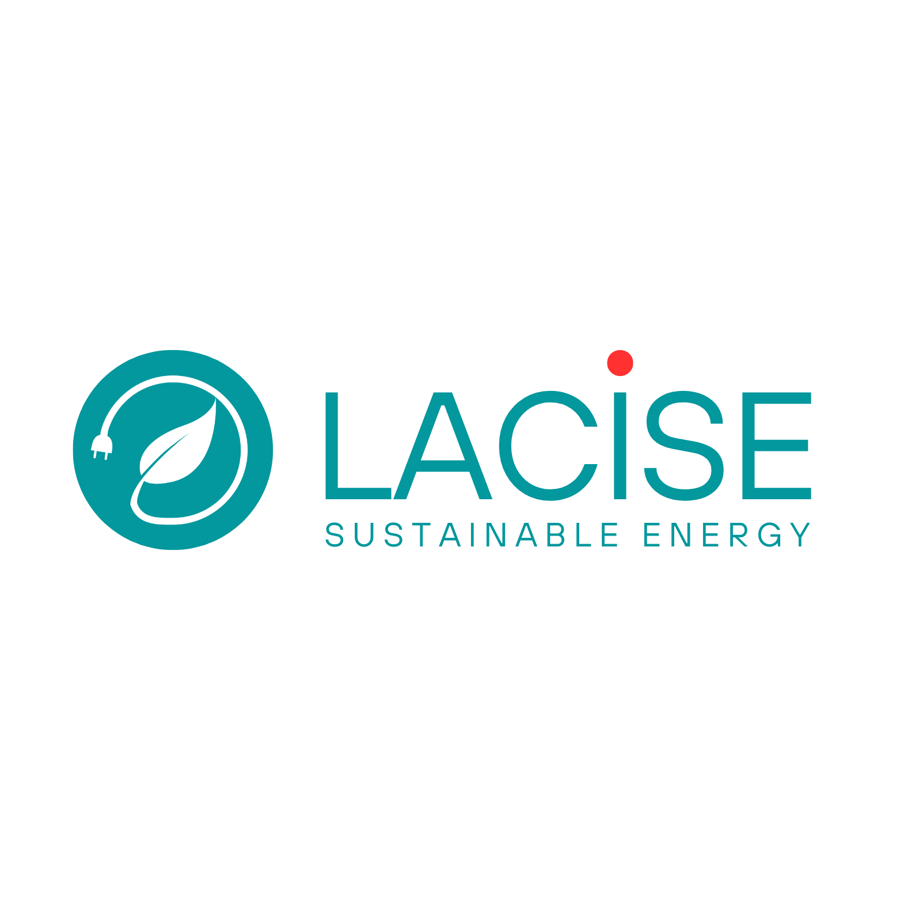President of Latvia Edgars Rinkēvičs visits the Institute of Solid State Physics, University of Latvia, and gets acquainted with the research carried out in the LACISE project

At the end of May, the Institute of Solid State Physics, University of Latvia (ISSP UL), had the honour of hosting the President of Latvia, Edgars Rinkēvičs. During his visit, the President observed the daily work of the laboratories and the cleanroom environment, as well as heard success stories from the ISSP UL, highlighting the interaction of science with society.
The first laboratory the President visited was the Energy Materials Laboratory, where the Swiss-Latvian Cooperation Programme project LACISE is being implemented. The head of the laboratory and project coordinator Dr. phys. Gints Kučinskis, shared exciting new developments in battery sustainability and efficiency research, as well as the development of hydrogen production technologies. "It was a great pleasure to welcome the President of Latvia to the laboratory and to introduce him to our work, in particular the recently launched LACISE project, which not only promotes close cooperation between Latvian and Swiss scientists in sustainable energy but also aims to attract young people to the sciences, which will ensure the future generation of Latvian scientists."

During his visit, the President also visited other ISSP UL laboratories, met with PhD students, and became acquainted with sensor technologies developed at the Institute, which have already found practical applications in industry, as well as achievements in microfluidics, a new field in Latvia.
"The Institute of Solid State Physics is one of the driving forces behind the development of Latvia’s high-tech industry. The Institute's work in solid state and new materials research makes a significant contribution to industries such as electronics, energy, medical technology, telecommunications, and others. [...] At the Institute, I met many of the new generation of researchers who are passionate and enthusiastic about researching issues of relevance to business and society. They are developing technologies that make batteries more powerful and longer-lasting, looking for more environmentally friendly alternatives for energy production and storage, and improving various electronic devices," reflected the President on the visit.
The President's visit to the ISSP UL not only demonstrated Latvia's potential in science and technology but also highlighted the importance of international cooperation and innovation as key drivers of sustainable development.
The Swiss-Latvian Cooperation Programme project LACISE aims to address today's most pressing energy challenges and to educate the next generation of scientists. This project promotes close cooperation between Latvian and Swiss scientists. The project involves the research and development of solutions for both short-term implementation and long-term development in key energy sectors, contributing to the stability of the energy supply system, the advancement of next-generation batteries, and the enhancement of hydrogen production technologies.